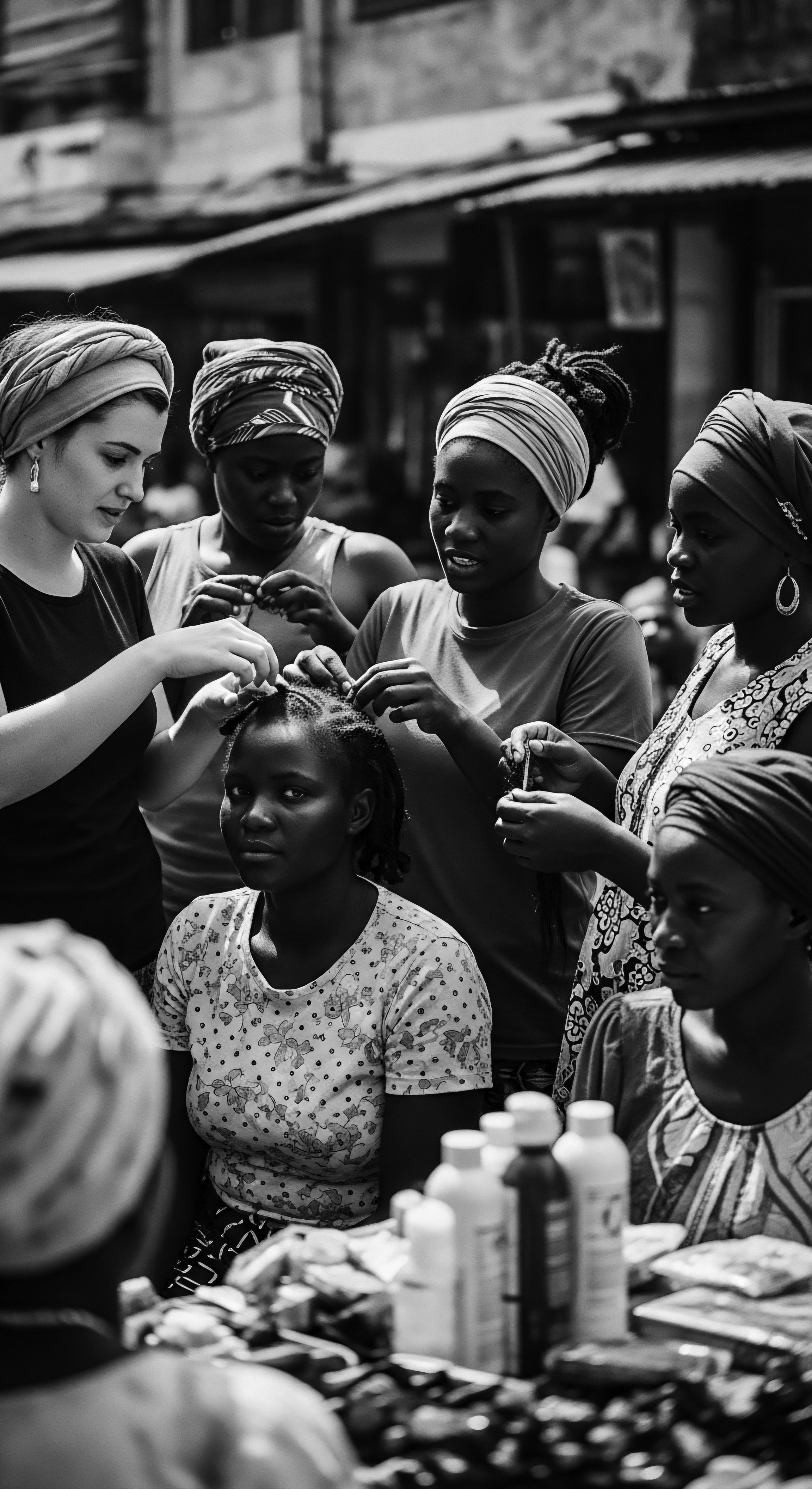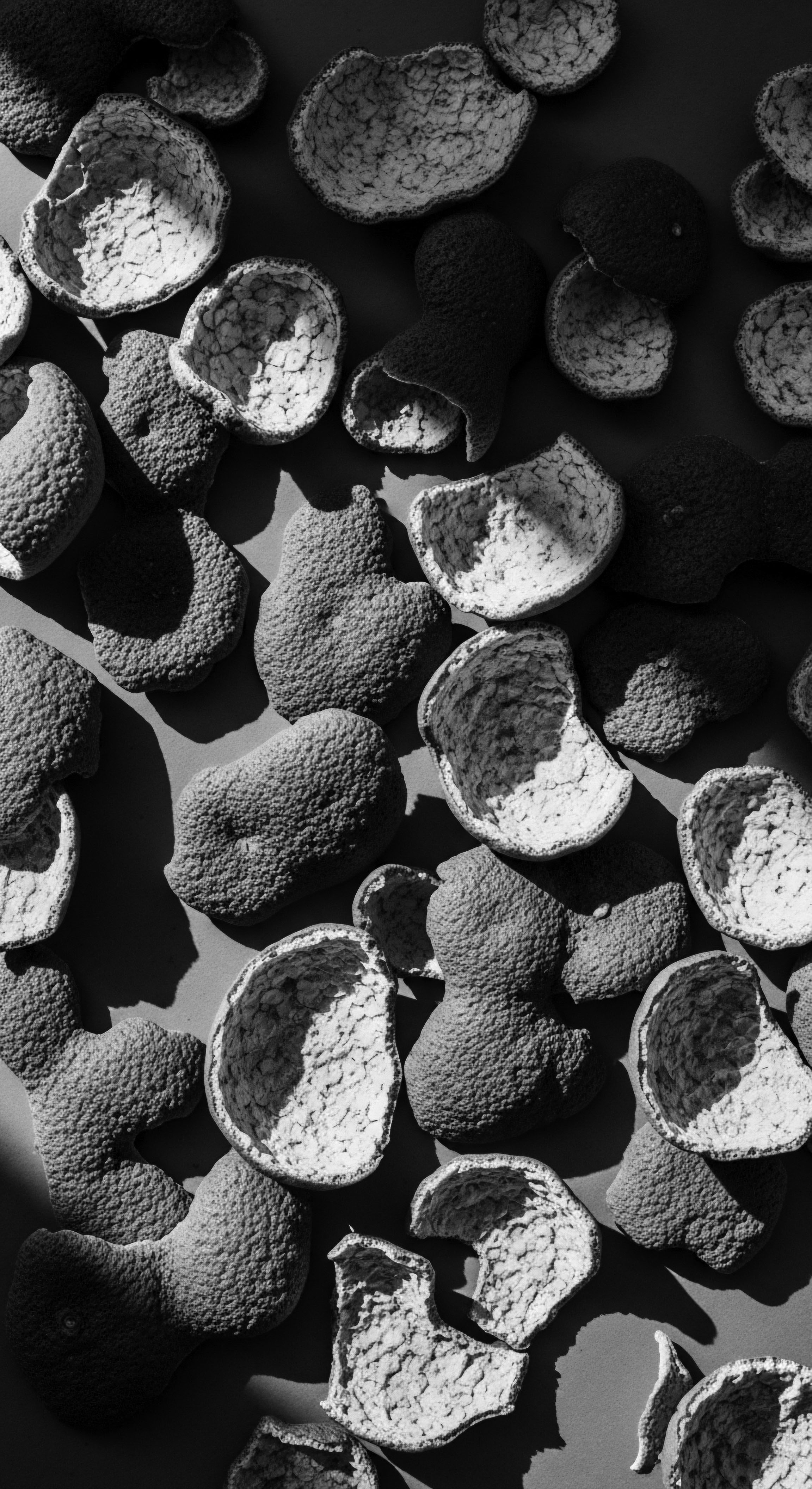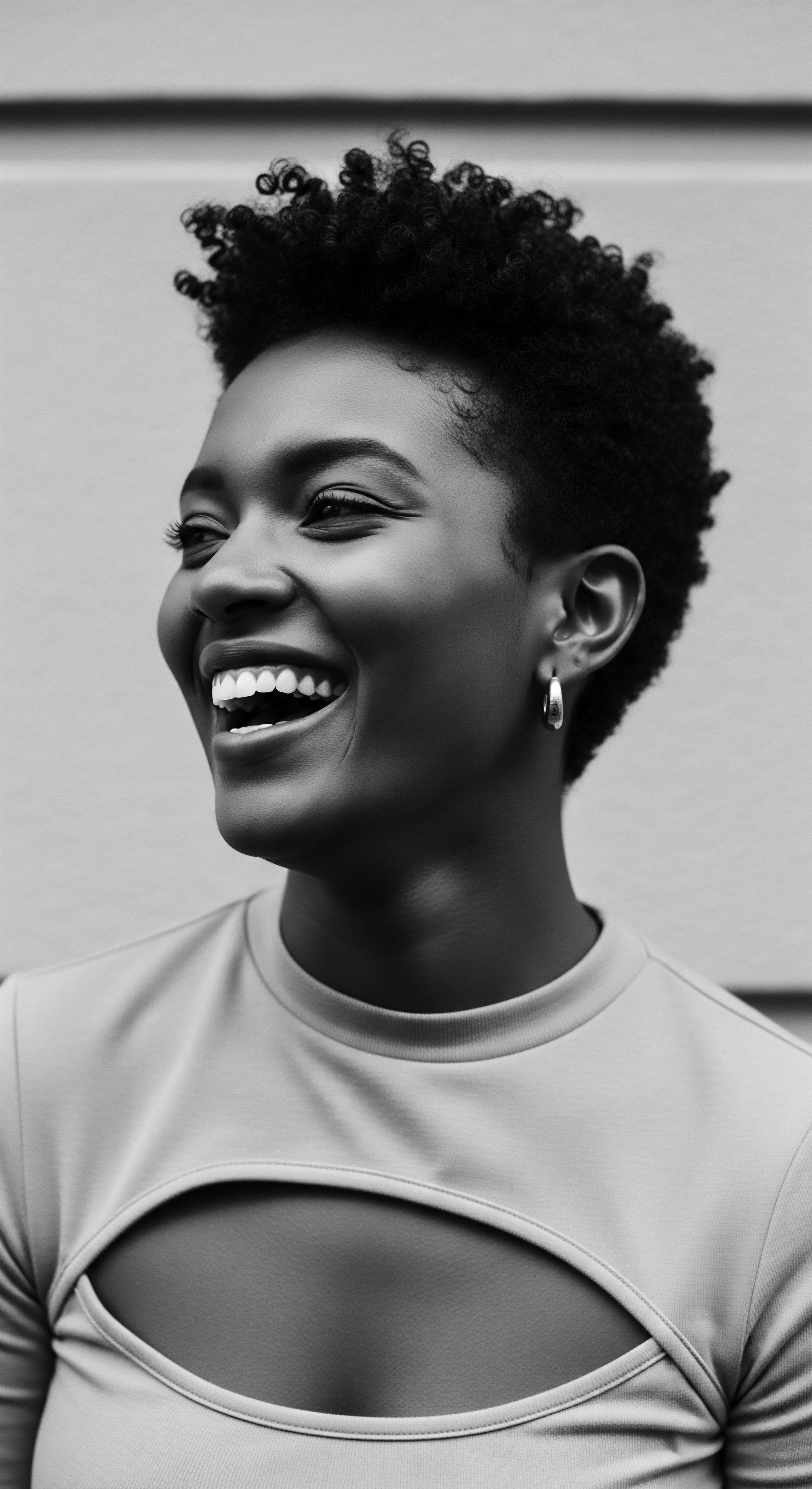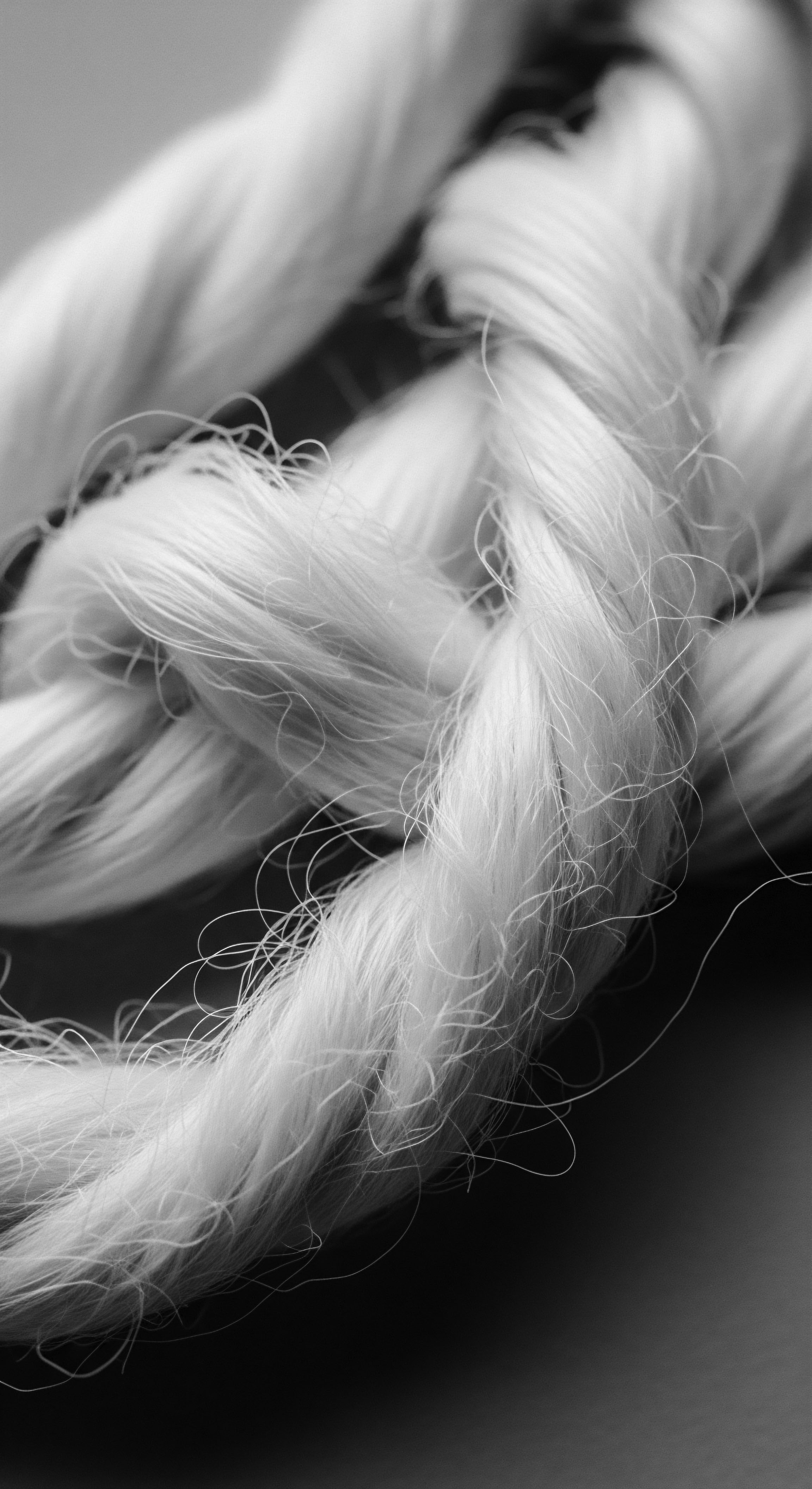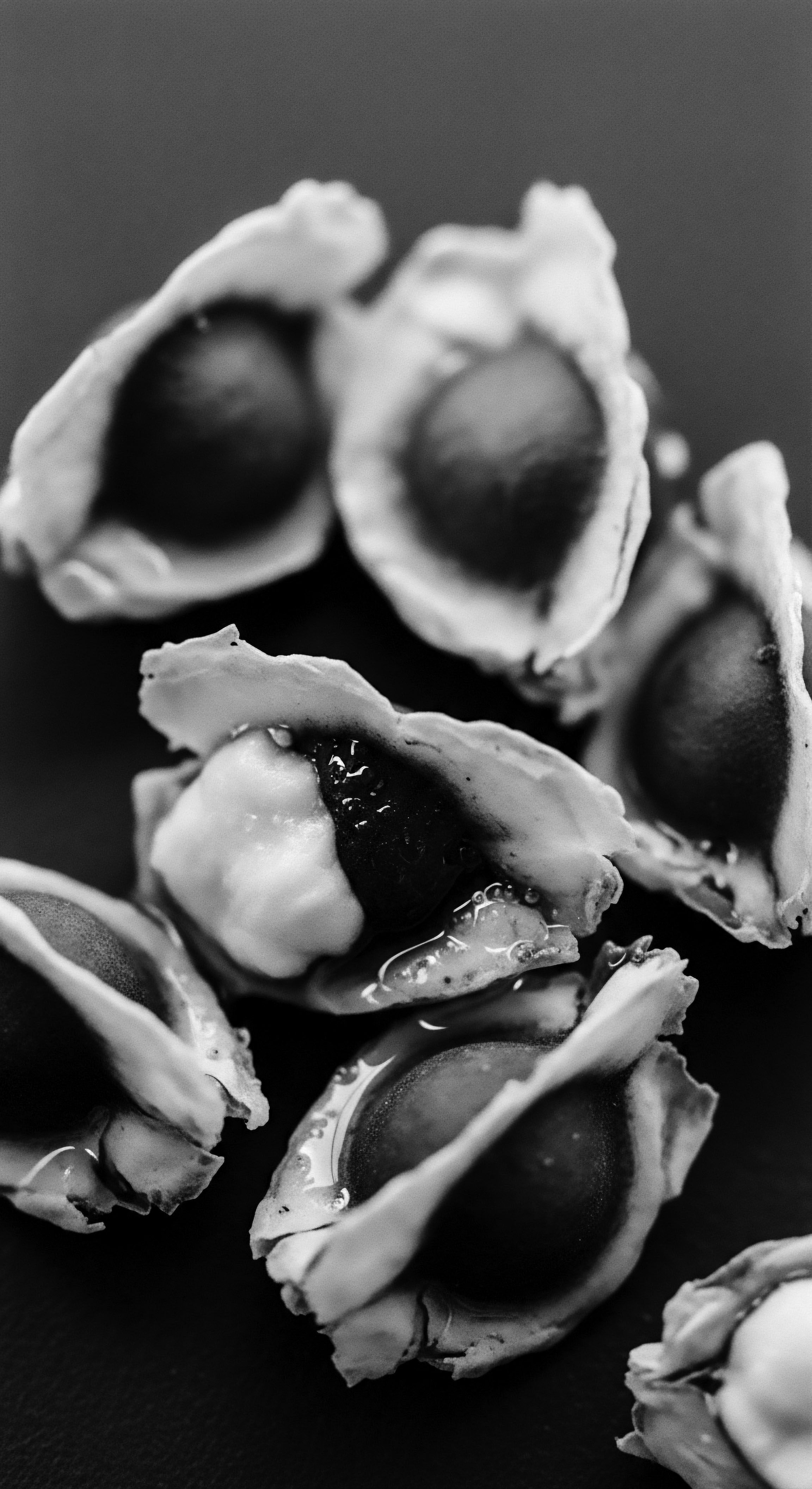
Fundamentals
The concept of Southern Culture, particularly when viewed through the profound lens of textured hair heritage, unveils a deeply rooted historical narrative. It is not merely a geographical designation; instead, it speaks to a complex interplay of inherited practices, environmental adaptations, and collective experiences that have shaped the very fibers of Black and mixed-race hair traditions across the American South. This understanding begins with an acknowledgment of the land itself ❉ its flora, its climate, and the ingenuity born from necessity and profound connection to ancestral ways. The very earliest interactions with natural elements for hair care in this region laid a foundational understanding, a kind of primal wisdom concerning scalp health and strand vitality.
The initial meaning of Southern Culture, in this context, describes a living archive of care, passed through generations, often in hushed tones or through hands-on demonstration. It refers to the adaptive strategies developed by people of African descent who found themselves in a new, often harsh, environment. Their ancestral knowledge of plants, oils, and styling techniques, brought from diverse regions of Africa, underwent a transformation as it met the unique conditions of the Southern landscape.
This intricate dance of adaptation allowed for the genesis of new hair care protocols, each bearing the indelible mark of resilience and resourcefulness. Consider, for instance, the resourceful application of locally available ingredients, such as animal fats and various botanical extracts, for their purported moisturizing and conditioning properties, a testament to an ingenious spirit of self-sufficiency.
Southern Culture, in its foundational understanding of hair heritage, embodies a vibrant legacy of adaptive ingenuity and ancestral wisdom.
An elemental understanding of Southern Culture in hair care involves recognizing the profound relationship between the environment and the hair itself. The humid climate, often challenging for textured hair, necessitated specific approaches to prevent dryness and breakage. This environmental pressure fostered a collective ingenuity, pushing communities to identify and utilize resources that could offer protection and sustenance to the hair shaft. This cultural meaning of Southern Culture, therefore, holds within it the whispers of early communal gathering, where knowledge regarding the best ways to care for diverse hair textures was exchanged and fortified, ensuring the well-being of each member’s crown.
The designation also points to the development of early communal rituals surrounding hair, often performed in spaces that were both intimate and sacred. These informal gatherings served as vital educational hubs, where younger generations learned techniques of detangling, cleansing, and styling. These practices, though seemingly simple, carried profound cultural significance, reinforcing bonds of kinship and identity amidst trying circumstances. The initial explication of Southern Culture’s hair heritage suggests an uninterrupted line of ingenuity, a commitment to preserving cultural identity through practices that nourished both the physical strands and the spirit of the community.
- Communal Learning ❉ Early care practices were often taught within family circles and community gatherings.
- Resourcefulness ❉ Utilization of local flora and fauna for natural hair treatments.
- Adaptation ❉ Development of methods suited to the Southern climate’s effect on textured hair.
- Identity Preservation ❉ Hair practices served as a subtle yet potent expression of cultural continuity.
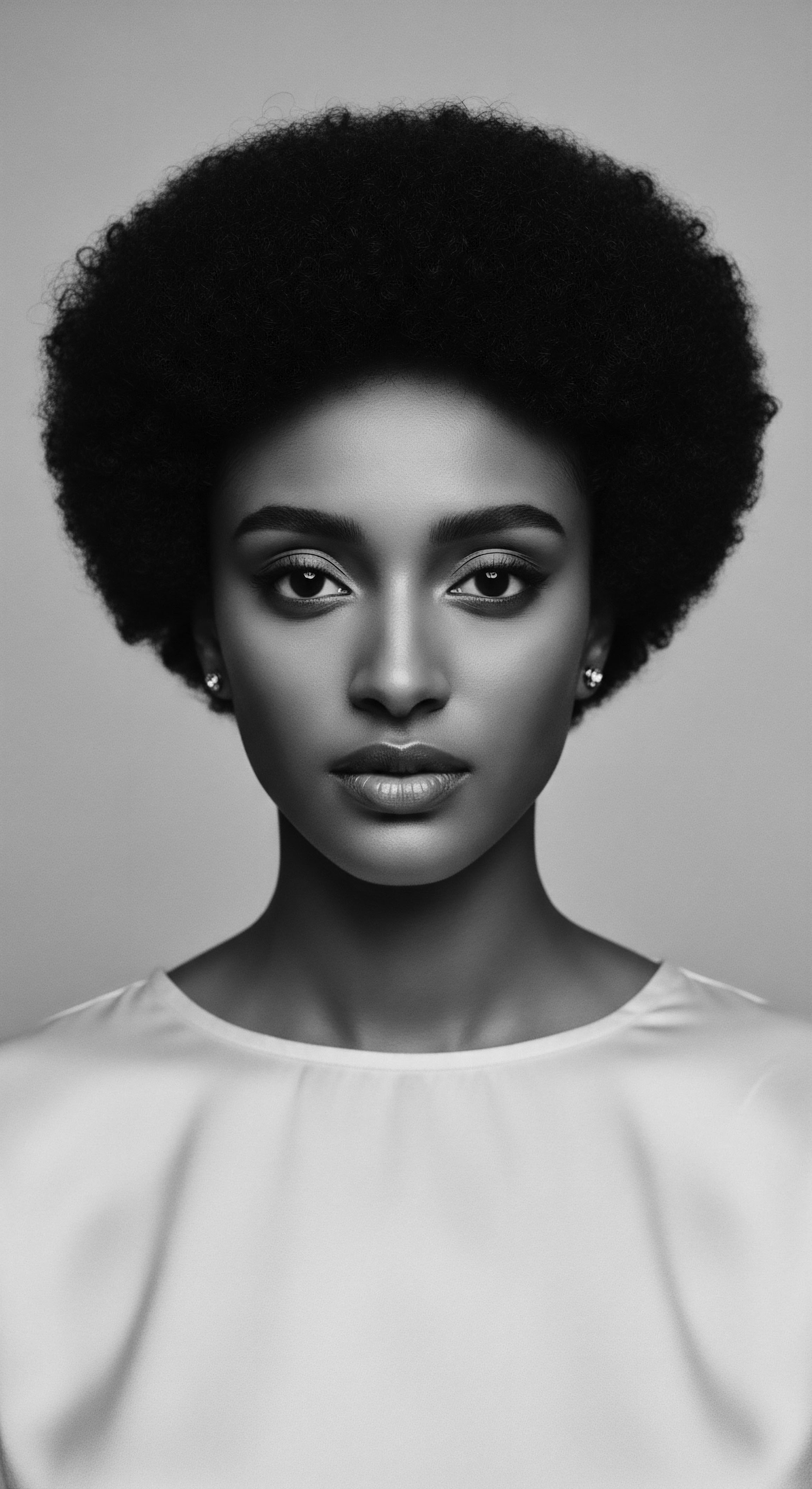
Intermediate
Moving beyond the foundational, the intermediate understanding of Southern Culture in relation to textured hair care unveils a more intricate historical and social fabric. This perspective acknowledges the deep imprint of specific historical periods, particularly enslavement and its aftermath, on the evolution of hair practices. Despite immense hardship, ancestral traditions persisted, undergoing a gradual, often subtle, evolution.
The practices developed during this era were not simply about aesthetics; they became powerful statements of survival, dignity, and resistance within a dehumanizing system. Hair care rituals provided a vital means of self-preservation and communal bonding, spaces where one could reclaim a sense of self.
The meaning of Southern Culture deepens here, encompassing the development of specific tools and techniques born from ingenuity and scarcity. The pervasive need for moisture and manageability in textured hair, often exacerbated by the rigors of forced labor and inadequate resources, spurred creativity. This led to the widespread adoption of methods like the “press and curl,” which gained prominence in the late 19th and early 20th centuries. While often debated in contemporary discourse, this technique served a complex role during its time, offering a means of conformity for economic survival in a society valuing Eurocentric beauty standards, yet also providing economic autonomy for Black women who became skilled practitioners.
The intermediate grasp of Southern Culture in hair care reveals how historical pressures shaped resilient practices and the emergence of informal economies of beauty.
Consider the profound significance of the “kitchen beautician” ❉ a specific historical example that powerfully illuminates Southern Culture’s connection to textured hair heritage and ancestral practices. During the era of segregation and beyond, formal salons for Black patrons were scarce, or inaccessible. This vacuum prompted the rise of informal, home-based hair care services, primarily operated by skilled Black women within their own communities. These spaces, often literally in a kitchen, were far more than just places to get one’s hair done; they were communal hubs.
They functioned as safe havens, sites of economic independence, and crucial conduits for the transmission of hair knowledge passed down through generations. In these intimate settings, secrets of hair care, recipes for homemade concoctions, and intricate styling techniques were shared, ensuring the survival and adaptation of ancestral practices. These women built micro-economies, often earning vital income for their families, demonstrating remarkable entrepreneurial spirit against systemic barriers. (Walker, 2007). The importance of these informal networks in preserving and evolving Black hair culture within the Southern context cannot be overstated.
The definition of Southern Culture, at this intermediate level, also includes the emergence of unique hair products and remedies, often concocted from a blend of ancestral knowledge and new discoveries. The resourcefulness employed to create scalp treatments, conditioning oils, and styling aids from readily available ingredients, sometimes medicinal in origin, speaks to a deep, experiential understanding of hair biology and its needs. These preparations, often passed down as family recipes, reflect a sustained inquiry into natural solutions for maintaining hair health and promoting growth. The cultural significance lies in these preparations being bespoke, tailored to specific needs within the community, fostering a sense of ownership and self-reliance over beauty standards.
- The Pressing Comb ❉ A tool adapted for smoothing textured hair, becoming a symbol of both aspiration and debate.
- Homemade Remedies ❉ Blends of natural oils, herbs, and other local ingredients for conditioning and scalp health.
- Community Salons ❉ Informal gathering places that served as social and economic centers for hair care.
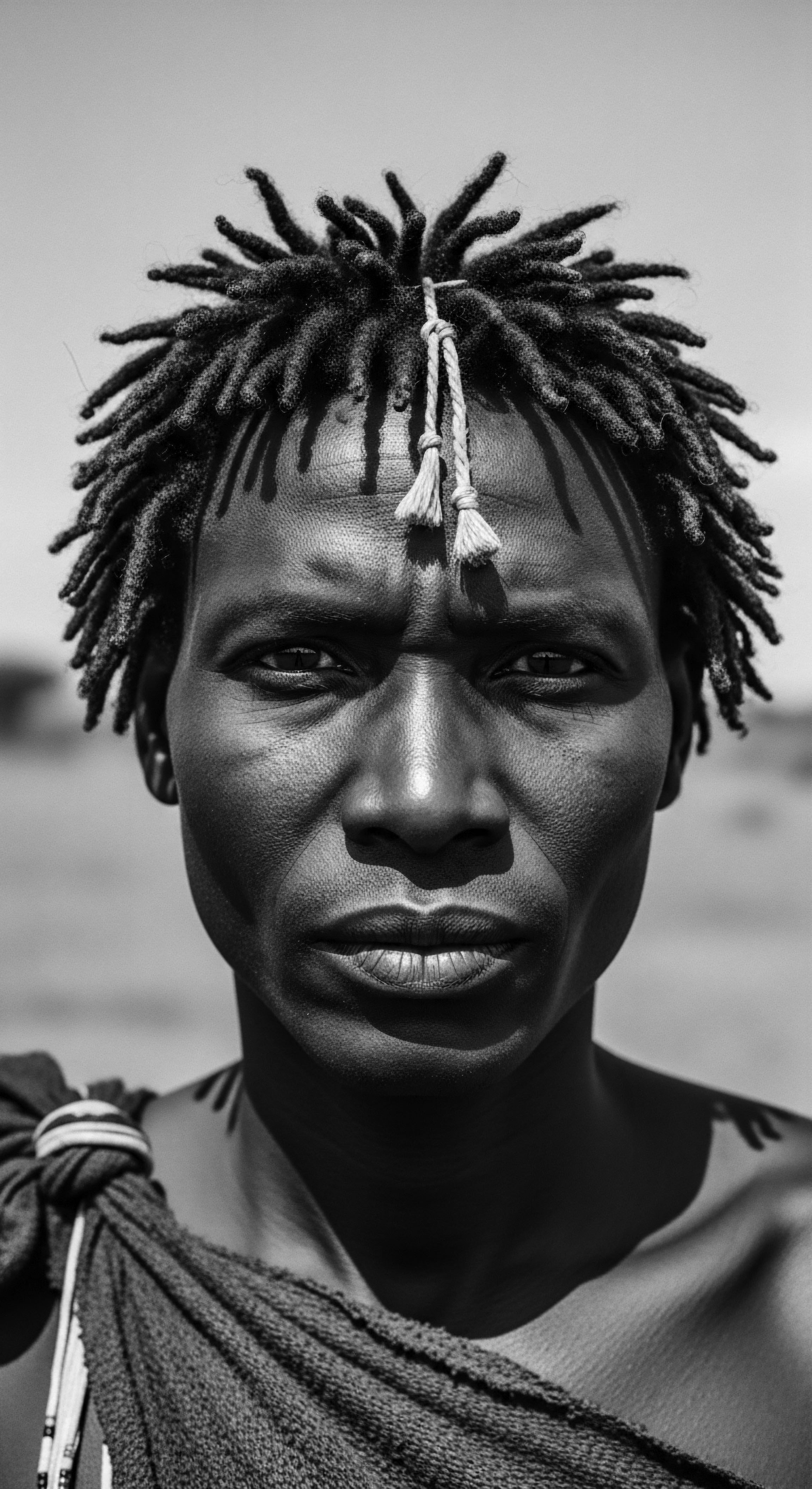
Academic
The academic definition of Southern Culture, particularly within the realm of textured hair heritage, demands a rigorous, multi-layered examination, transcending mere geographical boundaries to unpack a profound socio-biological and historical construct. This sophisticated understanding recognizes Southern Culture as a dynamic site where elemental biology, ancestral practices, and sociopolitical forces have converged to shape a distinctive legacy of hair care and identity formation. The meaning extends beyond descriptive observations, inviting critical analysis of power dynamics, cultural retention, and the complex negotiations of beauty standards within diasporic communities. It signifies a unique crucible where African cosmological views of hair met the exigencies of the American South, producing resilient traditions.
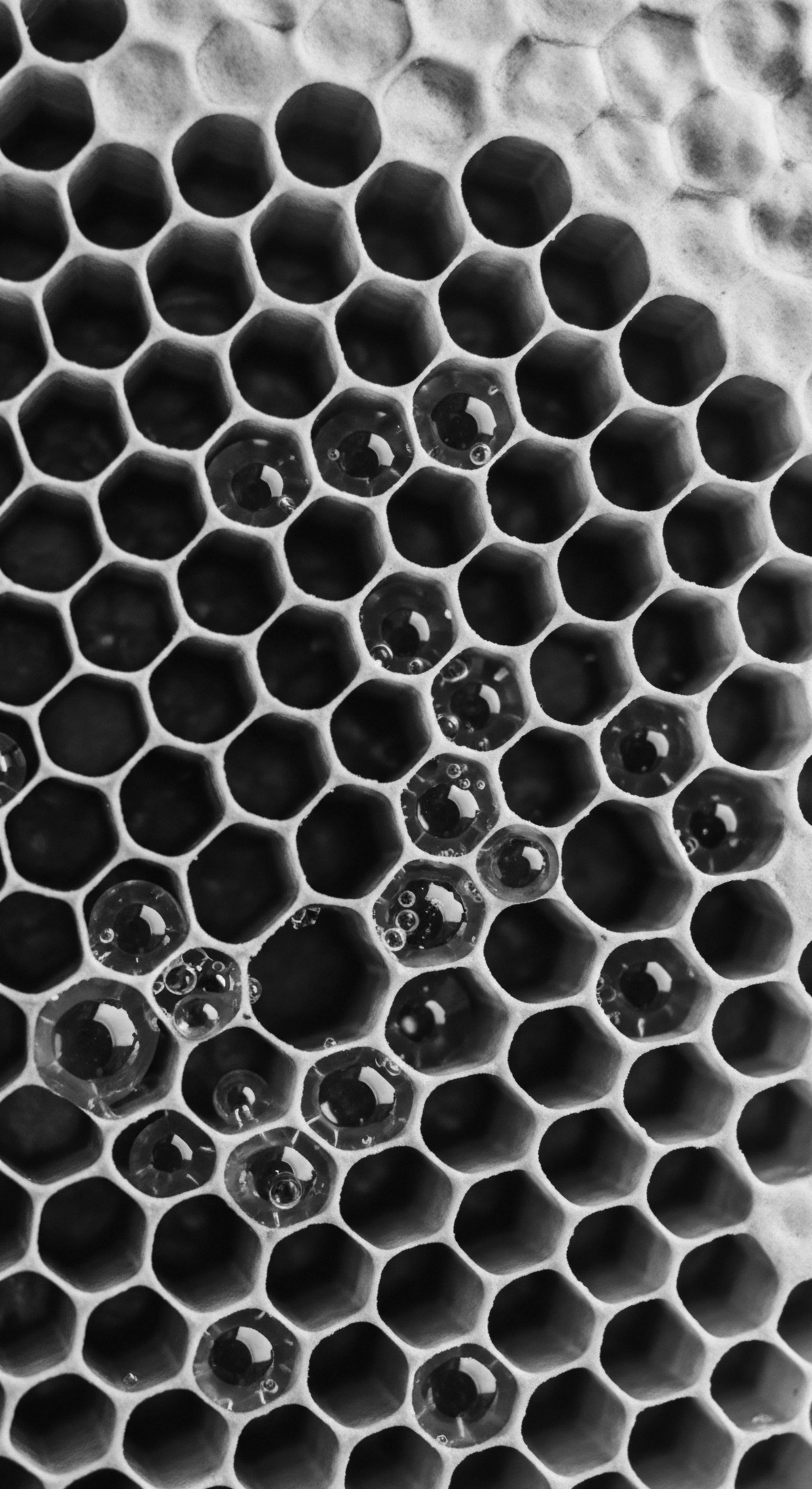
Echoes from the Source: Elemental Biology and Ancestral Foundations
At its most fundamental, the explication of Southern Culture’s hair heritage begins with an exploration of trichology and the inherent characteristics of highly coily, kinky, and curly hair types, predominantly found among people of African descent. These hair structures possess unique biological properties ❉ from their elliptical cross-sections to their high curl density and the tendency for the cuticle layers to be more lifted, impacting moisture retention. This biological predisposition, when placed within the context of the humid Southern climate, necessitates specific care protocols. The genius of ancestral practices, brought from diverse regions of West and Central Africa, lies in their profound empirical understanding of these biological needs.
Knowledge regarding moisture sealants, protective styling, and scalp stimulation, transmitted across generations, was not simply folklore. Instead, it represented a sophisticated system of applied science, honed through centuries of experiential learning.
The delineation of Southern Culture here includes the spiritual and communal significance of hair. In many African traditions, hair was, and remains, a potent symbol of spiritual connection, identity, and social status (Byrd & Tharps, 2001). This deeply held reverence for the hair, carried across the Middle Passage, found new expressions in the South. Despite the systematic attempts to strip enslaved people of their cultural markers, hair rituals became a clandestine, yet powerful, means of retaining selfhood.
The act of tending to one’s hair, or another’s, became a moment of reclaiming humanity, a silent rebellion against forced dehumanization. This historical reality illustrates how Southern Culture’s definition of hair care is inextricably bound to the preservation of psychic and spiritual well-being.
The academic perspective unveils Southern Culture as a complex interplay of hair biology, ancestral wisdom, and the enduring resilience of self-definition amidst historical adversity.
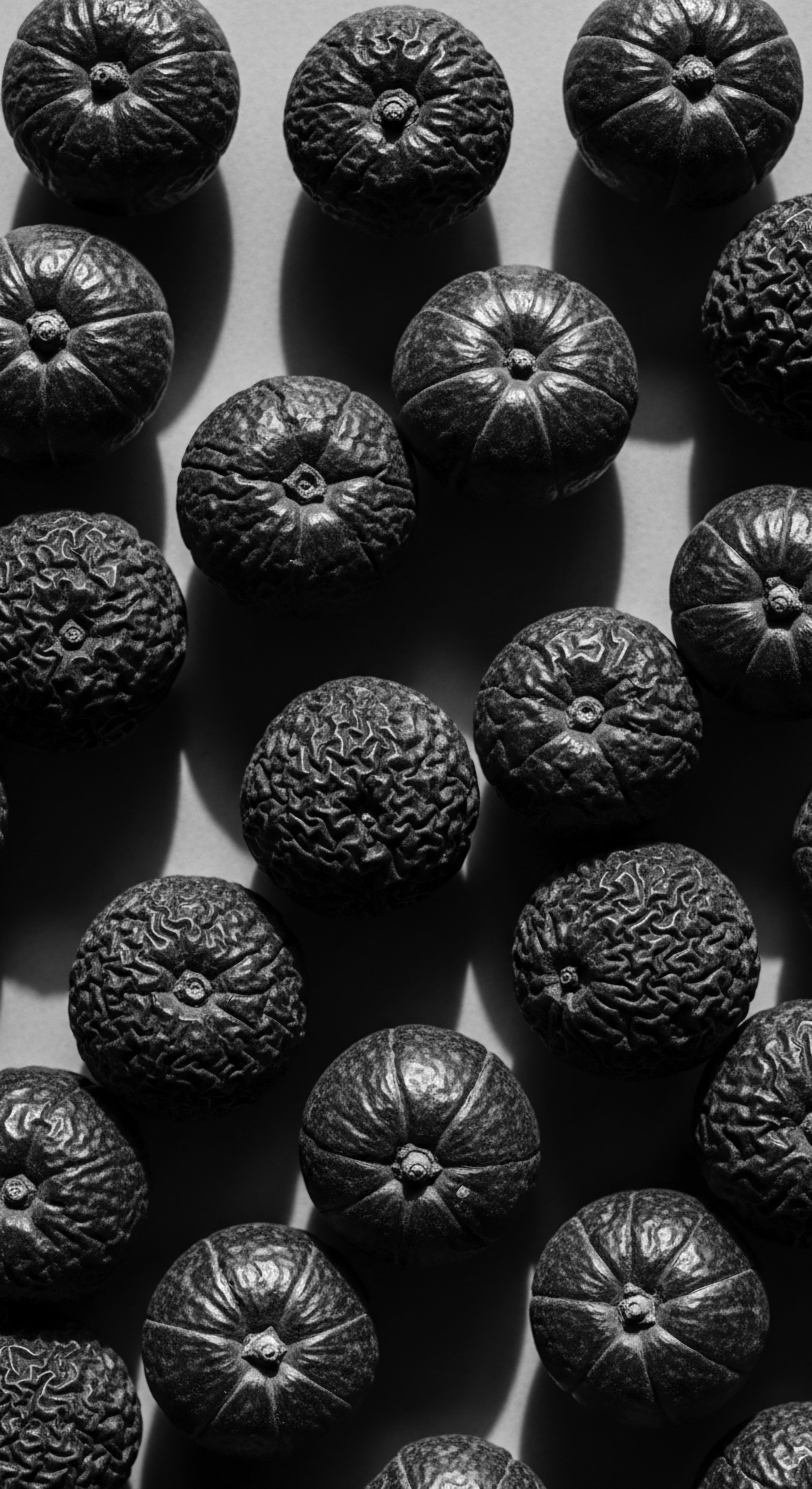
The Tender Thread: Living Traditions of Care and Community
The historical tapestry of Southern Culture’s hair traditions reveals a rich interplay of communal care, economic agency, and the nuanced adaptation of African aesthetic principles. The informal economy of hair care within Southern Black communities, particularly from the late 19th through the mid-20th century, provides a compelling case study. As documented by historians such as Teresa C. Booker (2007), the proliferation of “kitchen beauticians” and home-based hair services became a critical pillar of both social and economic life.
These weren’t merely commercial transactions; they were vital social institutions, offering safe spaces for women to gather, share stories, strategize survival, and transmit ancestral knowledge about hair, health, and life itself. The economic sustenance provided by these informal businesses, often the only avenue for Black women to attain self-sufficiency and financial independence in a segregated society, underscores a profound aspect of Southern Culture’s meaning. The exchange of remedies, techniques, and styling innovations in these settings demonstrates a living, evolving heritage of self-care.
This period saw the development of signature styles and techniques that became synonymous with Southern Black hair culture, like the hot comb press and various forms of intricate braiding. While sometimes interpreted as acts of assimilation, these methods, when viewed through a more critical lens, can also be understood as creative adaptations, offering versatility and protecting fragile strands. The dexterity required for such styles, often honed through generations of practice, represented a unique form of artistry.
The choices regarding hair presentation, whether straightened or coiled, became a complex dialectic between personal expression, community expectation, and the pervasive pressures of a racially stratified society. This is the essence of Southern Culture’s complex, often contradictory, relationship with beauty ideals.
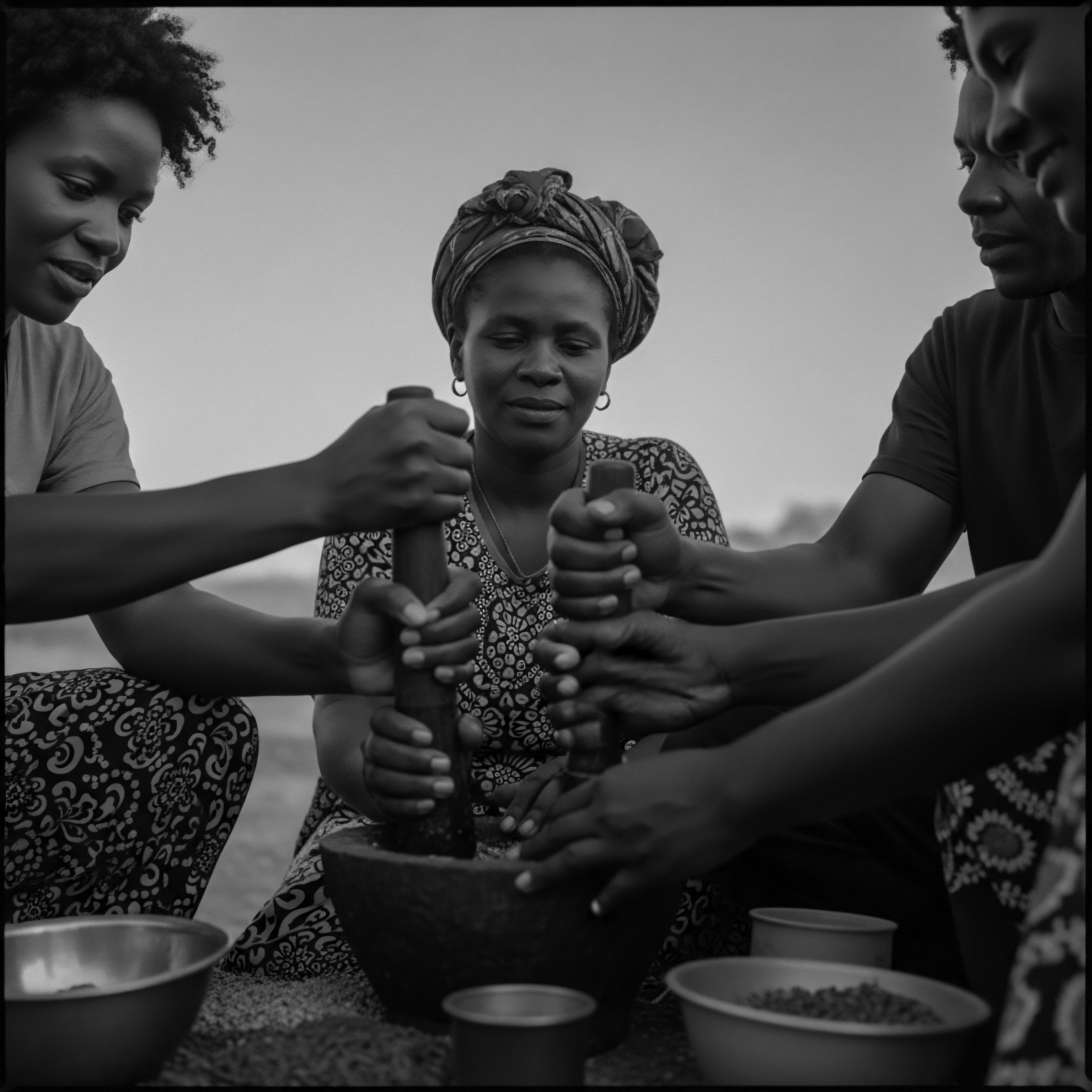
The Unbound Helix: Voicing Identity and Shaping Futures
The academic definition of Southern Culture, as it pertains to textured hair, culminates in its role as a powerful medium for voicing identity and shaping collective futures. The cultural shifts of the Civil Rights Era and the Black Power Movement, for instance, dramatically impacted hair aesthetics, promoting a return to natural textures. The Afro became a potent symbol of defiance and pride, directly challenging Eurocentric beauty norms and reclaiming an ancestral aesthetic that had been suppressed.
This period saw a re-examination of what “good hair” meant within Southern Black communities, prompting a profound revaluation of inherent beauty. The rejection of chemical straighteners and pressing methods by many marked a significant ideological pivot, underscoring hair as a political statement and a fundamental aspect of liberation.
The contemporary meaning of Southern Culture in this domain extends to the ongoing work of reclamation and celebration. Modern hair care brands founded by Black entrepreneurs, many with roots in the South, often draw inspiration from traditional ingredients and ancestral practices, re-interpreting them for a contemporary audience. This speaks to a continuous thread of innovation and a sustained reverence for inherited wisdom. The ongoing dialogue around natural hair care, protective styling, and hair health in Southern communities demonstrates a living legacy, one that continues to influence global trends in textured hair care.
The cultural meaning of Southern Culture in this current epoch is one of empowerment, self-acceptance, and the ongoing dialogue about what it means to carry forward a deeply rooted heritage of care and expression. The hair, in its complex helical structure, symbolizes the resilience and enduring spirit of a culture that has continuously found ways to redefine beauty and identity on its own terms.
- Hair as Symbolism ❉ From protective wraps to the Afro, hair has served as a powerful signifier of identity and resistance.
- Economic Empowerment ❉ The hair care industry, formalized and informal, has been a vital source of income for Southern Black women.
- Intergenerational Knowledge ❉ Traditional practices and remedies continue to inform contemporary hair care innovations.
The academic pursuit of Southern Culture’s meaning in hair heritage calls for an examination of how these traditions are maintained and evolve in the modern era. The widespread availability of information, coupled with a renewed pride in natural textures, has led to a renaissance of ancestral methods, often validated by contemporary scientific understanding. The continued exploration of indigenous ingredients, the re-popularization of protective styling, and the growing economic might of Black-owned hair care businesses with Southern roots, all underscore the enduring vitality of this cultural expression.
This robust engagement ensures that the definition of Southern Culture, in this vibrant context, is not static but rather a continually unfolding narrative of beauty, struggle, and profound self-possession. The complexity resides in recognizing that every strand, every twist, every braided pattern, carries the weight of history and the promise of a self-determined future.

Reflection on the Heritage of Southern Culture
The Southern Culture, when viewed through the profound lens of textured hair, reveals itself as an enduring legacy, a testament to the unyielding spirit of generations past. It is a heritage steeped in wisdom, forged in challenge, and continuously unfolding. The journey of hair in the South, from the elemental adaptations to the sophisticated expressions of identity, speaks volumes about the human capacity for resilience and creativity. Every coil and curl carries the echoes of ancestral hands, of whispered remedies, and of communities built around shared rituals of care.
This cultural understanding extends beyond mere historical fact. It enters the realm of embodied knowledge, a wisdom that resides in the very fibers of our being. The tender thread of care, once a necessity for survival, now blossoms into a conscious act of affirmation, a celebration of innate beauty.
The unbound helix of textured hair, with its inherent strength and versatility, symbolizes the freedom found in embracing one’s authentic self, deeply connected to a lineage of power and grace. It is a continuous dialogue between past and present, a living archive of ingenuity and spirit.
The indelible marks left by Southern Culture on hair heritage invite us to look deeper, not just at external styles, but at the profound internal landscapes shaped by these traditions. We learn that true care is holistic, encompassing not only the physical strands but also the spirit they represent ❉ a connection to land, community, and an unbreakable ancestral line. This exploration encourages a reverence for the past, an appreciation for the present, and an optimistic vision for the future, where every head of textured hair stands as a vibrant testament to an extraordinary legacy.
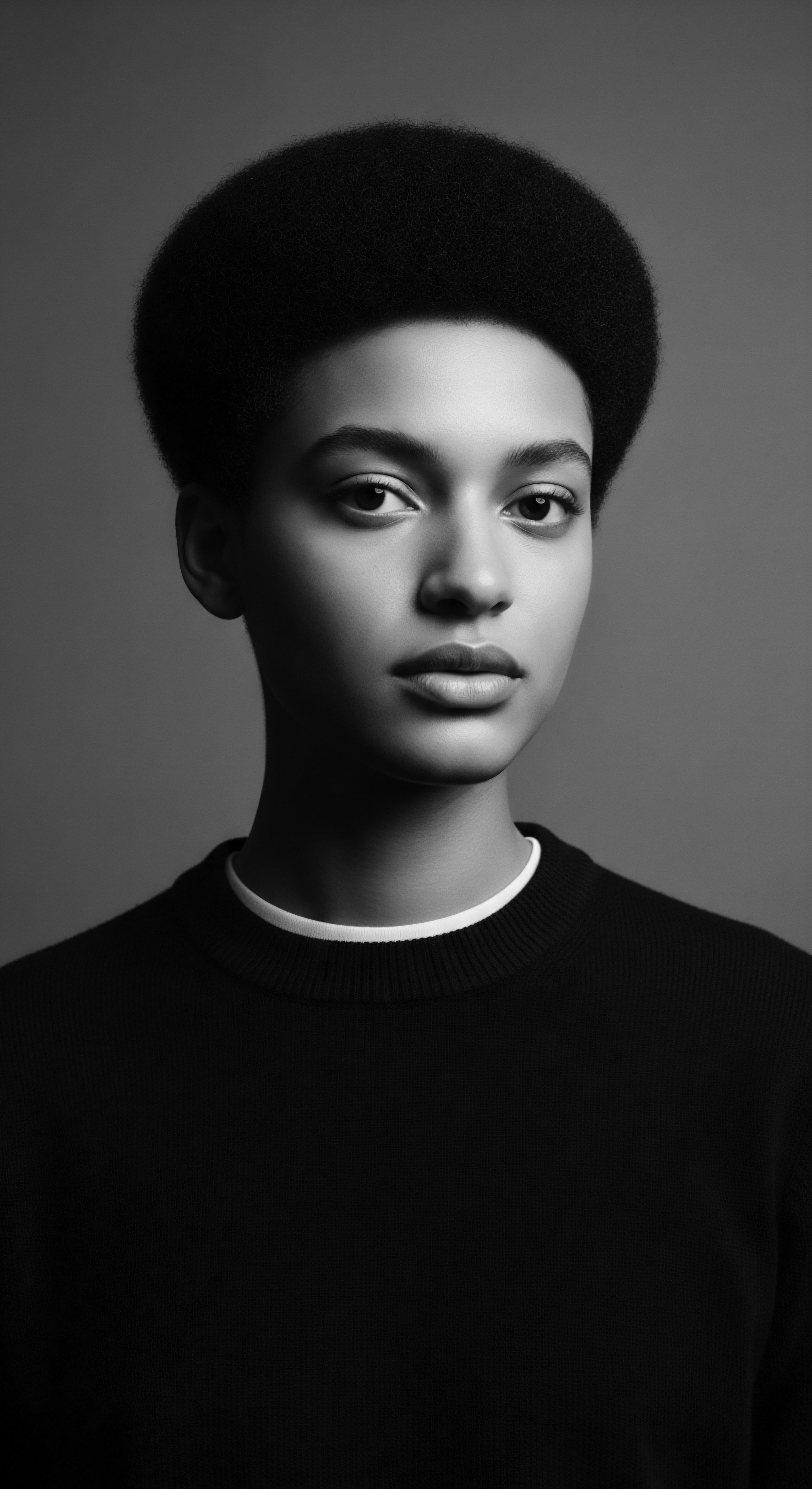
References
- Byrd, Ayana, and Lori Tharps. “Hair Story: Untangling the Roots of Black Hair in America.” St. Martin’s Press, 2001.
- Booker, Teresa C. “The African American Woman’s Guide to Healthy Hair: A Comprehensive Approach.” African American Historical and Genealogical Society, 2007.
- Mercer, Kobena. “Welcome to the Jungle: New Positions in Cultural Politics.” Routledge, 1994.
- White, Shane. “Stylin’: African American Expressive Culture from Its Beginnings to the Zoot Suit.” Cornell University Press, 1998.
- Banks, Ingrid. “Hair Matters: Beauty, Power, and the Politics of African American Women’s Hair.” New York University Press, 2000.
- Okoro, Nkeiru. “African American Hair Care: An Analysis of Cultural Significance and Economic Impact.” Journal of Black Studies, 2010.
- hooks, bell. “Ain’t I a Woman: Black Women and Feminism.” South End Press, 1981.

